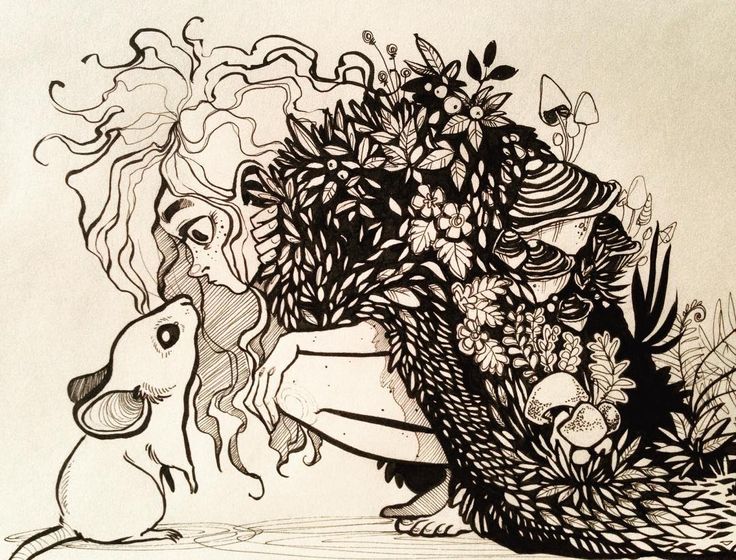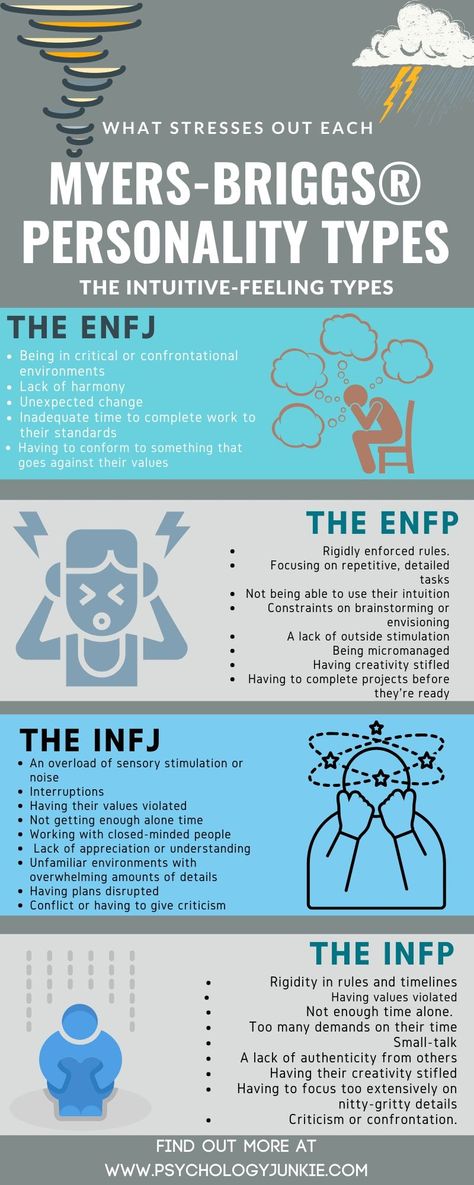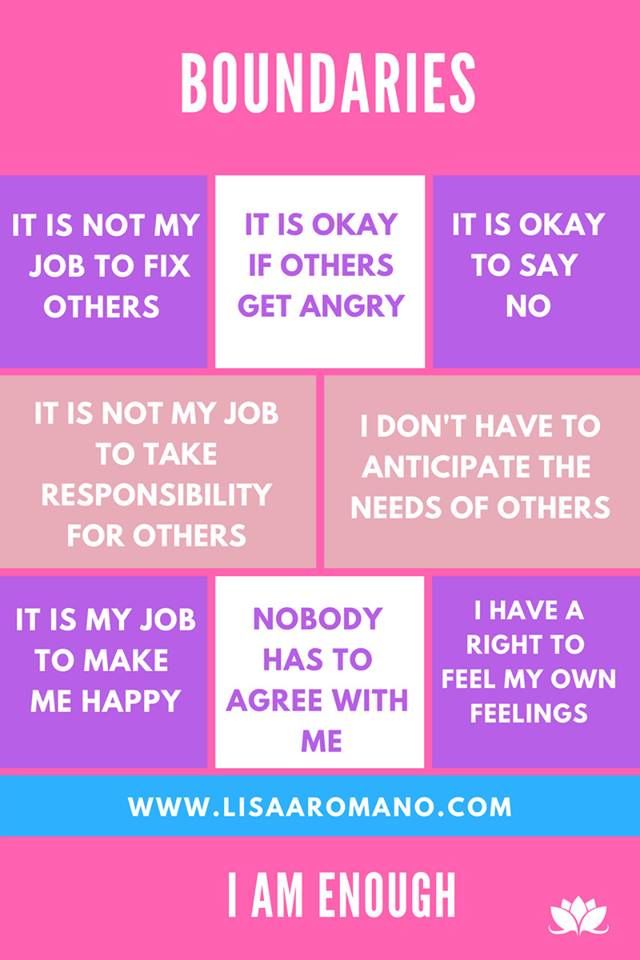Indecisive about having a baby
Readers share how they dealt with motherhood indecision
When you know, you know. If it's meant to be, it'll happen. Those feelings will come.
That's just some of the unhelpful fluff women are told when they aren't sure if they want to have kids.
Many women emailed me in response to my article on what to do when experiencing parenthood indecision. Reading through them, what stood out to me the most was this: I'm not the only one who hopes that moment where you "just know" one way or the other arrives.
Of course, that's not the case for everybody. We're sharing stories from three women who detail the very different ways they made a call either way.
Anna, 32 from Sydney, NSW:
As I was reading this article, I was thinking to myself — I've got to send you this Cheryl Strayed column — and I was happy to see you had already found it.
The column by Strayed was honestly what tipped me over the edge to try to have children.
I had a vague impulse that I may regret later not having kids, and I knew my primary fertile years were coming to a close.
I kept waiting for a moment to arrive where I would "know" I wanted kids, and it never came.
My husband and I decided we would try for a period of time, but that if it didn't happen, we wouldn't pursue it further with IVF or other means.
I'm 32 and pregnant with our first child. I'll be 33 when it is born.
It thankfully happened for us easily. So far, I do not regret my decision (this could change once I actually have the baby, of course).
However, I know I could have also had a fulfilling life without children.
Being in limbo is a terrible place to be. Once the decision is made you can plan your life around it.
There's likely to be some regret no matter what option you choose.
Brodie, 32 from Gladstone, QLD:
I feel like the choice of whether or not to have my own children was made over a lot of years.
I have never been what some would describe as a maternal person, and having kids has never felt like a priority or necessity to lead a fulfilling life.
While I am the type of person who gets overly excited to hear of friends and family expecting and welcoming children into their lives, I've never felt the pull myself.
As people do, the comments always come by saying that the body clock will start ticking and better not wait too long, etcetera.
At 32 I find myself being more content than ever with the idea of not having kids.
In the last year I've met a great man who I hope to build a long life with. He brings with him two wonderful kids from a previous relationship that he cares for part time.
For the times that the children are in his care I find myself enjoying the time and responsibility that comes with part-time step-parenting a three and five-year-old. But this part-time albeit continuous foray into parenthood has only cemented my choice that having my own children is not for me.
Thankfully my partner is very content with this choice.
ABC Everyday in your inbox
Get our newsletter for the best of ABC Everyday each week
Suzanne, 66 from Ormand, VIC:
I had always seen myself as an independent, modern feminist woman, and having children wasn't necessarily part of my life plan.
It wasn't something I was absolutely opposed to, but I didn't feel drawn to it.
Then I got involved with a man who had a very clear idea of what he wanted. A family.
We dated, then lived together, then suddenly I was 39 and it was crunch time. I knew we had to make a decision one way or the other.
I'm not sure how it happened but I started to feel a deep primal desire to get pregnant.
It was not at an intellectual level. I didn't think about it and decide it was a good idea. I had no idea if it was going to be OK.
It wasn't at an emotional level. I didn't crave to hold a baby and love it. I didn't look at other people's babies and feel mushy.
In fact I found other people's babies and kids annoying and often boring.
This drive to get pregnant came from a different place, somewhere very deep inside my being. I just went with it.
I fell pregnant just before I turned 40.
When I was about six months pregnant I recall visiting a friend who had just had a baby. I watched her hanging copious amounts of baby clothes washing on the line, and wondered how I was going to cope with the drudgery of my life as a mother.
I watched her hanging copious amounts of baby clothes washing on the line, and wondered how I was going to cope with the drudgery of my life as a mother.
My son was born, and my heart and my life opened in a way I could never have expected.
I don't want to romanticise motherhood as idyllic. It's the toughest thing I've ever done. But it's by far the best.
And I went in for a second time when I was almost 45, and we have a beautiful daughter too.
Thanks to everyone who shared with us. Some comments have been edited for brevity and clarity.
Deciding whether to have kids or not is hard, but there is a way forward
I struggled with how to start this story, and maybe it's no surprise given I'm paralysed by the very thing it's about: whether or not to have a baby.
As friends welcome newborns, deal with infertility or proudly announce they want to live childfree, I wonder… how do they know?
I'm baby-curious, if you like. But what once felt like the freedom of choice has at 34 become something I worry about every day.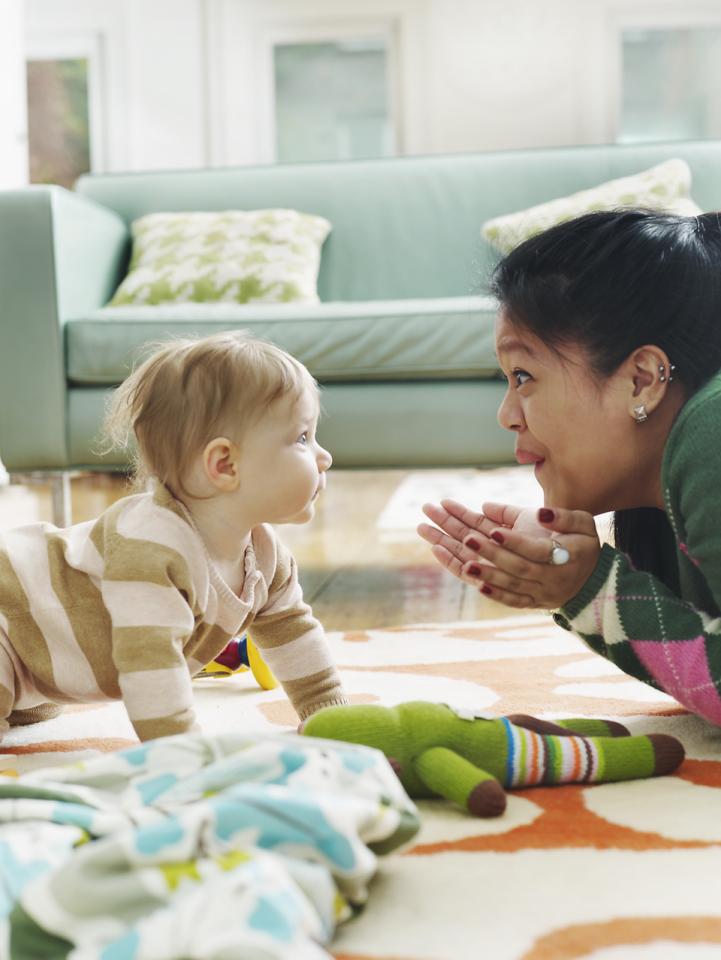
It's been a relatively private torment until I started hearing from other women experiencing the same anxiety of indecision while writing about people who are childfree by choice.
"There are a lot of people who are undecided, but there is not a lot of permission to speak those words," says Ann Davidman, a marriage and family therapist from California who has been helping men and women make a call about parenthood since the '90s.
"People will say they feel tortured by not knowing and not knowing how to move forward when it appears everyone else seems to just know."
I am still in limbo despite lots of soul searching, Deep and Meaningfuls with my partner, quizzing mum friends, and reading plenty of books and articles.
But I did learn a thing or two from speaking to Ms Davidman and a perinatal psychologist about the ways you can move forward when you're unsure.
Having only raised furbabies, I'm not sure if human babies are for me.(ABC Everyday: Kellie Scott)When I speak to Ms Davidman, I tell her this decision has been weighing on me for years.
"It breaks my heart when I hear about people spending so much time trying to sort this out," she says.
Ms Davidman co-authored a book with Denise L. Carlini, Motherhood — Is It For Me? Your Step-by-Step to Clarity, and describes herself as a "motherhood clarity mentor".
Typically, she works with clients for three months, a timeframe she says leaves most with enough clarity to make a decision.
"Sometimes I get a picture of their baby a year later. Sometimes I get a picture of their dog," she says.
According to Ms Davidman, the problem for me (and commonly others) could be I'm not working out what I want before I concentrate on what I'm going to do. It's why many of us feel unable to move forward.
"I am always making a distinction between what someone wants and what their decision is going to be. They are not always the same. Also — often people are stuck because they think about the two together."
What about you? How have you made a choice about parenthood, or what are the things that help while you're dealing with indecision? Let's chat — life@abc. net.au.
net.au.
In her Australian perinatal psychology practice, clinical psychologist Bronwyn Leigh sees women and men unsure or nervous about parenthood.
They often have two questions.
- 1.Will I be a good enough parent?
- 2.Can I make the necessary adjustments to my life to incorporate a baby?
We all want to be good mums and dads, but Dr Leigh says it can be more difficult for people who have issues with their own parents — especially their mothers.
"That can tend to leave people in a more vulnerable position to feel they can't cope with being a parent themselves," she says.
Ms Davidman co-authored a book on the topic and describes herself as a "motherhood clarity mentor".(Supplied)There are a range of other fears and external influences that can cloud your choice around becoming a parent.
Dr Leigh says it's helpful to consider how a baby will change your life.
"The reality is there are lots of adjustments to make in having a baby, and it is important to make those otherwise one doesn't cope very well when baby arrives," she says.
"Think about how your lifestyle and relationships will change."
With that said, Ms Davidman warns against making lists of pros and cons.
"It's not a process of pros and cons, it's really looking at motherhood, looking at what you want for you," she says.
Clickable headlines for me include: "Why I regret becoming a mother." "Childfree life is the good life." "Becoming a mum is the best thing I ever did."
But Ms Davidman believes research is only beneficial if you do it the right way. And hearing about other people's parenting or childfree experiences might not be it.
"Asking people questions doesn't help you discover what is true for you.
"If you do interview people, ask them what their process was of making a decision — you may learn something from that."
Dr Leigh says while I've been researching it intellectually, I should also be looking at it emotionally and psychologically too.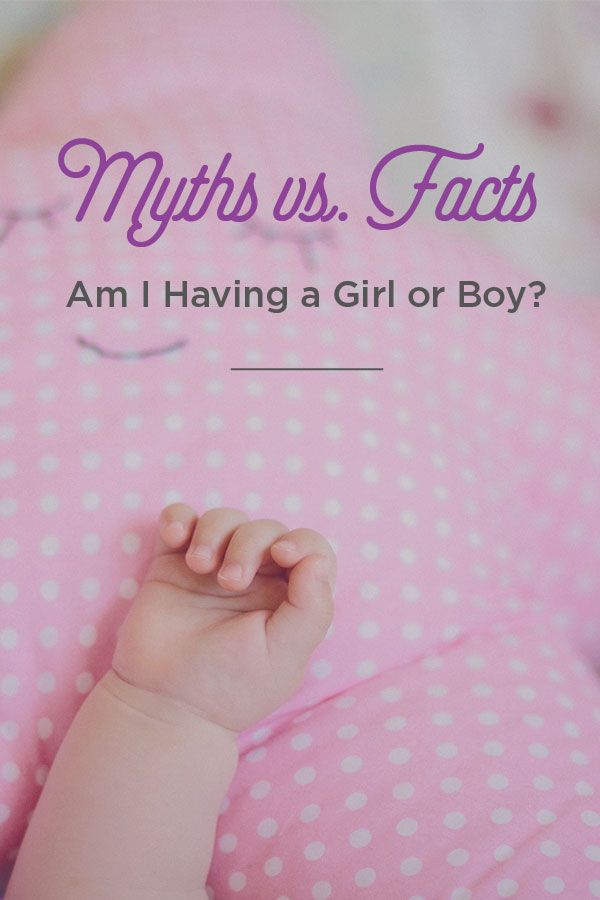
"By all means do all the research on Google, but one has to think psychologically about how would I go transitioning into parenthood and giving up certain aspects of my life?
"What might it be like to have a baby? What would be difficult about that? What would I like?
"Use reflective questions around trying to preview in part what it would be like."
She also recommends hanging out with parents and babies. It's one thing I've been doing right so far.
Perinatal psychologist Bronwyn Leigh recommends picturing what your life would be like with a baby.(Unsplash: David Veksler)I asked both experts if there was something to be said for not making a call — leaving things up to time and fate and all that jazz.
They said that was still making a decision of some kind, but maybe not the best one.
"If you want to let time or something outside of you decide for you, that is a choice," says Ms Davidman.
Dr Leigh says it would be a passive decision and it's often better to have made an active one.
"If you have made a concerted decision and pursued that, you can hold onto that in time when you feel wobbly."
Something that could come in handy no matter what you choose.
ABC Everyday in your inbox
Get our newsletter for the best of ABC Everyday each week
My next step?
Ms Davidman says I should first accept it's OK to be unsure.
"When we are caught at any crossroads and we're not making headway, we need to take a step back … accept it's OK to not to know," she says.
It's comforting to hear that neither choice is wrong or right.
Dr Leigh says while speaking to someone might not help you decide, it can help you feel supported — whether that's a professional or someone you trust.
In my quest for answers over the years I came across an advice column on the topic, by Cheryl Strayed. It's something I've come back to it when I've felt lost. One line that stands out?
"There will likely be no clarity … there will only be the choice you make and the sure knowledge that either one will contain some loss. "
"
Posted , updated
If your child is shy
Why are some children sociable, courageous, while others are shy, timid, indecisive? If you are a parent of an anxious and shy child and are wondering this, then this article is for you.
First of all, parents should keep in mind that nature has created each person unique, and each child from birth has its own advantages and disadvantages, which mutually compensate for each other. There are no completely positive, ideal children, and there are no only shortcomings.
There are no completely positive, ideal children, and there are no only shortcomings.
In addition, the same quality in some situations can be considered as a virtue, and in other situations as a disadvantage. For example, the same shyness in certain situations can be regarded as modesty and politeness.
In addition, shy children have a lot of advantages: great creative potential, observation, diligence, increased sense of responsibility. Parents should help them discover their talents. And there is no need to envy the parents of tomboys, they have their own, no less serious problems with children.
Shyness, anxiety, shyness, indecision - all these personality traits are determined by one common property of temperament - restraint and in most cases are associated with low self-esteem.
Restrained children show their temperament from the first day after birth, reacting to everything new with caution and indecision. Such children tend to retreat or get annoyed when they meet with unfamiliar phenomena, be afraid of strangers, seek refuge with their mother. According to studies, about 20% of healthy babies are easily aroused by unfamiliar surroundings and then have a hard time calming down. Most of them later become timid, cautious children.
According to studies, about 20% of healthy babies are easily aroused by unfamiliar surroundings and then have a hard time calming down. Most of them later become timid, cautious children.
The formation of increased anxiety and shyness, in addition to the nature of a given temperament, can also be influenced by the following factors:
- early and therefore painful separation from the mother, which is the cause of the child's excessive sensitivity and dependence on the emotional state of the people around him, which, in turn, forms his shyness and insecurity;
- excessive adherence to principles and strictness of parents, dependence of manifestations of attention and love on how the expectations of the father and mother are justified;
- excessive demands and expectations in relation to the child, which is often the cause of his problems in later adult life.
It is very important for parents to properly educate a shy child so as not to aggravate his shyness, but rather smooth it out. Whether your baby grows up unsociable and nervous or calm and observant largely depends on you.
Whether your baby grows up unsociable and nervous or calm and observant largely depends on you.
Work to improve self-esteem is one of the most important components of corrective work with anxious and insecure children.
Adhere to the following rules when raising your child:
1. Do not compare the child with other children and do not focus on failures. On the contrary, try to notice all his slightest achievements and praise him for his successes. Your main task is to believe in the child so strongly and convincingly that the child believes you and is "infected" with your faith. Then he will become a self-confident person. After all, it is known: to achieve something in life, you can only believe in yourself.
2. Don't rush your child, give him time to get used to the new . A shy, timid child needs some time to get to know each other, take a closer look, understand the laws that apply in a new situation, be it a company of peers, a new teacher, a new apartment.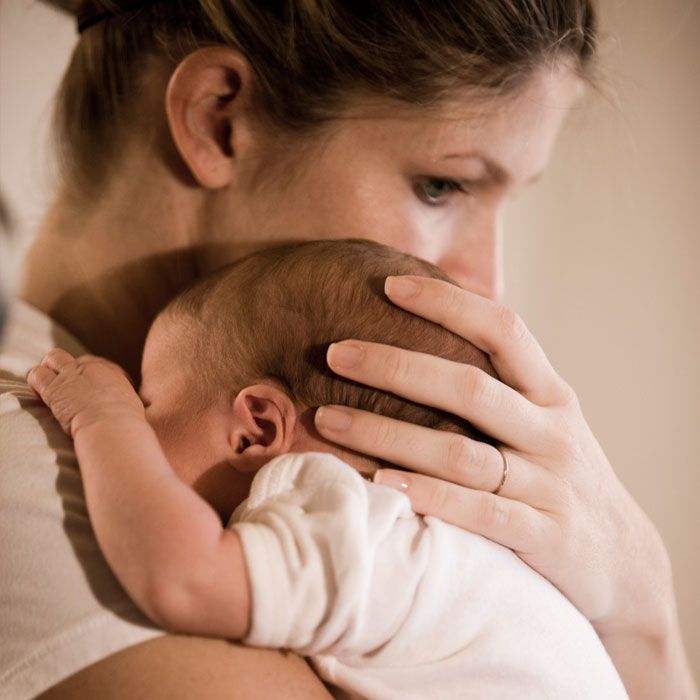 Only by making sure that nothing threatens him there, he can calm down. If you ask him a question, then give the time necessary to prepare an answer; try not to repeat the question twice or even thrice. Otherwise, the child will not respond soon, since he will perceive each repetition as a new stimulus.
Only by making sure that nothing threatens him there, he can calm down. If you ask him a question, then give the time necessary to prepare an answer; try not to repeat the question twice or even thrice. Otherwise, the child will not respond soon, since he will perceive each repetition as a new stimulus.
3. Don't force your child to "be brave". Your exhortations and notations will not bring results. The baby's anxiety is irrational in nature, because the child himself, up to seven years old, lives in a world of feelings and images, and not common sense. Saying "there's nothing wrong here" is meaningless. You need to make your child feel safe. And what drives fear away better than mother's caress, mother's closeness?
4. Do not shout at children or in the presence of children!
5. If an adult addresses an anxious child, he should establish eye contact: this instills confidence in the child's soul.
6. Increased exactingness of parents is dangerous. Excessive exactingness and strictness towards children with a refined mental organization leads to the exact opposite effect. The child must feel that he is accepted and appreciated, regardless of his behavior, success.
7. Try to create situations for the child where he could show his talents, dignity, in order to gain self-confidence and earn the respect of his peers. For example, you can arrange holidays for children at home and invite your kid's classmates to them, or arrange trips to nature together with the child's friends, go hiking. Here, in a comfortable environment, when mom and dad are nearby, a shy child will feel more confident and this will give him the opportunity to change the opinion of his friends about him.
8. Anxious children are extremely sensitive to the fruits of their own activities. At the same time, it is very difficult for them to evaluate the results of their work themselves, they cannot decide for themselves whether they have done something right or wrong, but they are waiting for this assessment from an adult.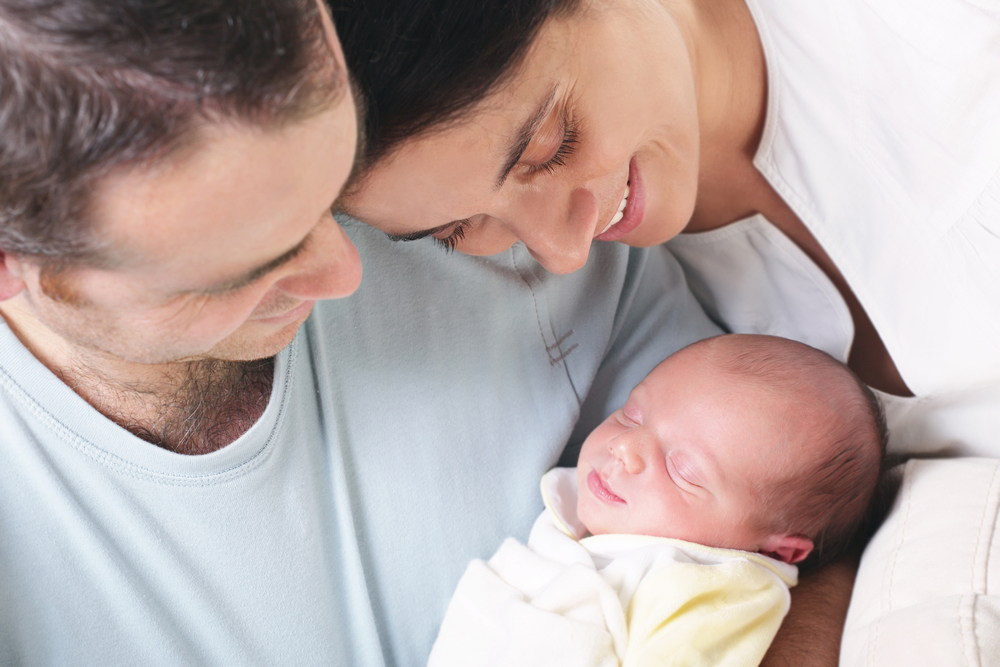 Negative assessments of significant adults have a strong traumatic effect on the vulnerable psyche of such children.
Negative assessments of significant adults have a strong traumatic effect on the vulnerable psyche of such children.
It must be said about the primary role of the teacher for the first grader, since it is he who turns out to be the most significant and at the same time the most traumatic figure for the child, since it is from the teacher that the negative assessment comes. Therefore, if necessary, parents can be advised to go to the school and talk to the teacher. As you know, the improvement of the position of the child in the primary grade can be achieved by a simple change in the teacher's attitude towards him.
9. There is no need to be afraid that by shielding the child from negative experience and creating comfortable conditions for him to develop, you will raise a "hothouse" person who is completely unadapted to the harsh reality . Of course, increased overprotection will only hurt. There is no need to "submit your hands" at every step, you need to create conditions for the development of independence and self-confidence.
It is important for parents to give the child a certain freedom, the opportunity to make decisions and solve problems on their own. But it is equally important not to leave him alone with difficulties for which he is not yet ready.
Shyness
Parents often have an ambivalent attitude to children's shyness. On the one hand, this trait in a child is touching. In addition, you can be sure that a shy child will not suddenly throw out some thing. Therefore, there is no need to blush for him. And yet, often, parents lament: what will it be like for such a shy person in adulthood. How to treat this trait and how to help a shy son or daughter?
All shy people are alike (including children). They experience the same feelings in communicating with other people: stiffness, awkwardness, fear of starting or maintaining a conversation. These feelings are especially intensified if they find themselves in an unexpected situation of communication, in an unfamiliar society or in a large company.
A shy person is convinced that all the attention of others is directed only to him. And that this attention is necessarily negative. That others critically evaluate his appearance and behavior, see all his shortcomings, etc. Shy people experience negative emotions much more often than others - both when they are in a real communication situation and when they think about it. They tend to constantly expect failures, self-doubt.
And yet, shyness can manifest itself to different degrees in different people. From mild confusion when meeting strangers to a complete rejection of contacts. In addition, shyness is characteristic of many children at certain periods of their lives. However, like adults. But not all children have it become a stable personality trait.
Shy or not?
The behavior of some children outwardly resembles the behavior of the shy, but they themselves are not.
- There are children uncommunicative, but not experiencing discomfort.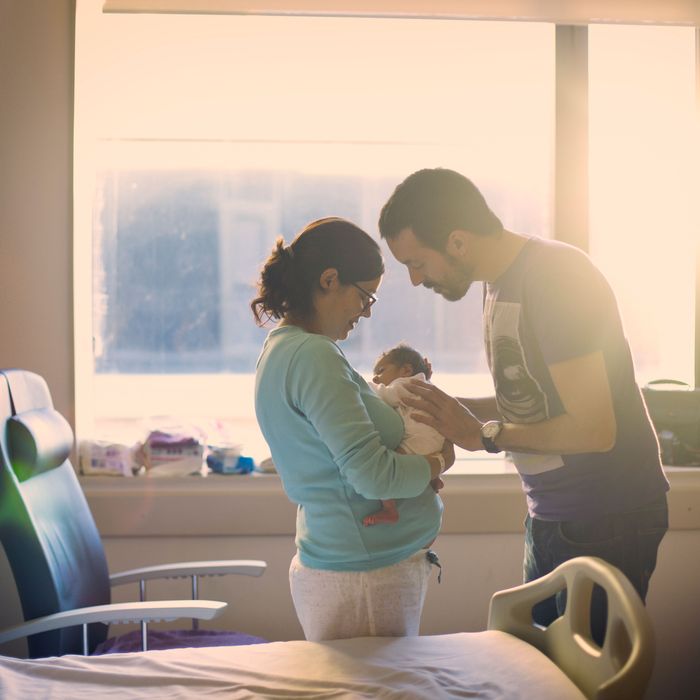 They are completely self-sufficient, they do not need the help of others.
They are completely self-sufficient, they do not need the help of others.
- It happens that behind shy behavior there is a desire to take a leadership position among other children. And there are still not enough suitable qualities for this. Having met with problems, such a child may refuse contacts (“I don’t need it, it’s not interesting”).
- For some children, refusal to communicate is a means of self-affirmation, the desire to show their power over others. "I want - I'm talking, I don't want - I won't!" It is clear that in this case it is necessary not to help the child to make contact, but to save him from arrogance and capriciousness.
- Difficulties in communication can be caused by insufficient development of the child's speech, thinking; it is difficult for him to get to know each other, to keep up a conversation, etc.
What can parents do to prevent shyness?
- Less worry about possible troubles and misfortunes. Often, concern for the child makes parents control his every step. He is constantly surrounded by adults, has no experience of choosing and establishing contacts on his own.
He is constantly surrounded by adults, has no experience of choosing and establishing contacts on his own.
- Try to set the child up for success in big and small things. Do not constantly emphasize his weakness or inability ("You are still small", "You will not succeed").
- He should be able to freely express his feelings and needs. Parents are constantly ashamed, too concerned about what others will say about the behavior of the child. It is not surprising that in adult life he will depend too much on these assessments.
- Of course, the child needs to see that his loved ones enjoy communicating with him and with other people. More contact with children and adults of different ages, in different situations is the best prevention of shyness. It can be general holidays, sports, tourism, a theater studio and much more.
If, however, the child grows shy, how can I help him?
- Do not express your anxiety about this trait to him, and even more so do not reproach the child.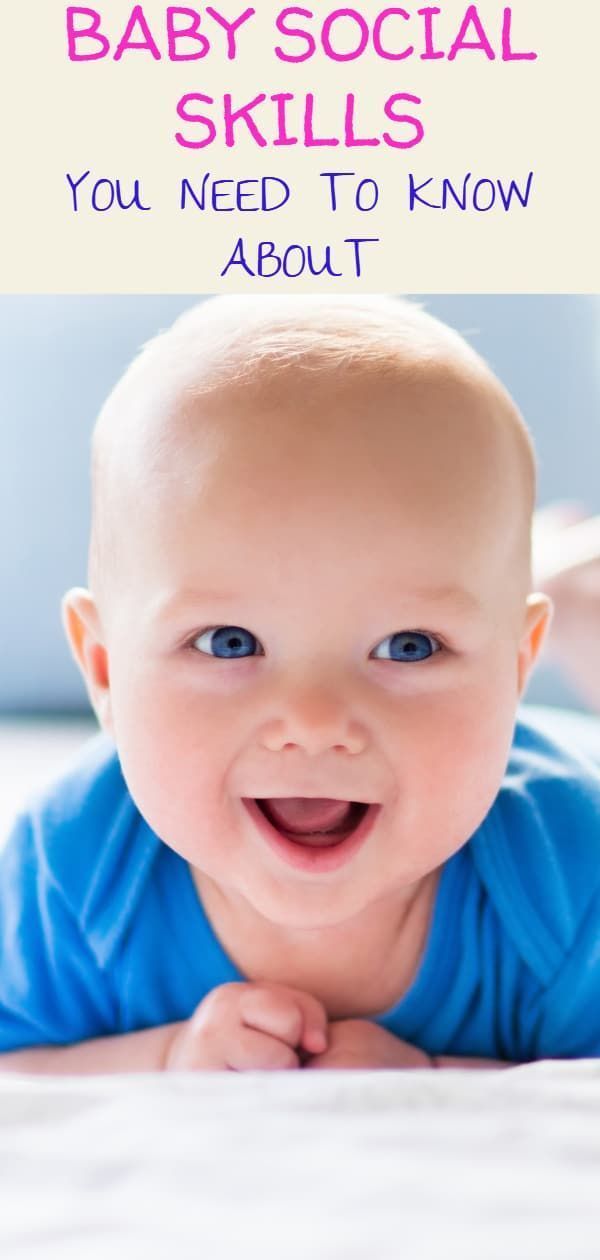 Do not set an example for other children. Do not promise him all sorts of hardships due to shyness in the future.
Do not set an example for other children. Do not promise him all sorts of hardships due to shyness in the future.
- Do not single out shyness as the main feature of your child. It is better to emphasize his strengths in conversations with him and with other people. For example, delicacy, the ability to understand the feelings of others, restraint, caution, etc.
- In a situation of explicit refusal of a general conversation or game, do not shame or force. Try to simply describe his feelings at the moment: "It looks like you don't feel like playing (talking, running, etc.) right now."
- Try to be active in communication. Encourage your child to talk more at home.
- Be there when there are a lot of strangers around. Do not force your son or daughter to get into situations that are unpleasant for them. But it is clear that one should not overprotect the child.
- Provide a variety of activities to choose from. Having noticed the success of the child in some business, tell me how he can use his new knowledge or skills in communicating with other children.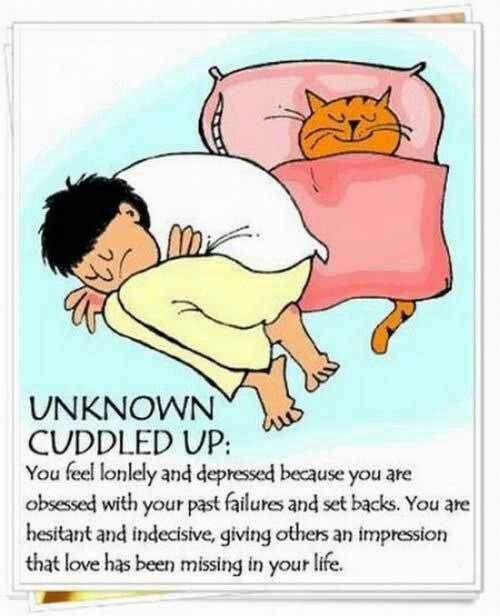 Indeed, often a shy child considers himself uninteresting to other people.
Indeed, often a shy child considers himself uninteresting to other people.
- Tell teachers or educators about the child's characteristics in contacts with other children and about his strengths. Ask him to give him the opportunity to show his abilities and skills.
- If big changes are coming in the child's life, help him to adapt to the new environment and people with the least losses. For example, visit a new school or class with him in advance, introduce him to teachers and children. Play with him possible situations - what he can see, hear, what to answer.
- Share your own experiences with your son or daughter. Many people in their lives got into difficult situations of communication and, nevertheless, found a way out. Convince that those around him are not at all occupied exclusively with his person, but are much more concerned about their own affairs.
- The best way to think less about your problems and difficulties is to help another. It is important to change the sign of the constant experiences of a shy child from negative to positive. Communication with four-legged friends will help. It is possible that daily walks with your pet will expand the circle of pleasant acquaintances - for example, with other dog owners.
Communication with four-legged friends will help. It is possible that daily walks with your pet will expand the circle of pleasant acquaintances - for example, with other dog owners.
How to help a child overcome self-doubt?
Often a child's lack of confidence is the reason parents turn to a child psychologist. But indecision is not the only problem that may bother him. Psychologist Natalya Pisarenko spoke about the causes of insecurity in children and how to avoid it.
Natalia Pisarenko, Jungian analyst, child psychotherapist, member of IAAP (International Association of Analytical Psychology), ROAP (Russian Society of Analytical Psychology)
Uncertainty in a child is a very vague complaint of parents, therefore, to begin with, they must clearly articulate how it manifests itself, because under it, like under a mask, many different problems can be hidden.
Uncertainty as a side effect
Unwillingness to do something
Some parents complain that children do not do homework on their own because they are not confident in their abilities. Although the reason may be completely different. For example, they simply do not want to do this work. In some families, children are under such pressure that they are afraid to say that they do not want to do something. But even a small person has the right to say: "I don't want to." Many parents are afraid that after they allow their children to express their negative attitude towards something, they will stop doing it. But in reality, everyone should just have the right to complain.
Although the reason may be completely different. For example, they simply do not want to do this work. In some families, children are under such pressure that they are afraid to say that they do not want to do something. But even a small person has the right to say: "I don't want to." Many parents are afraid that after they allow their children to express their negative attitude towards something, they will stop doing it. But in reality, everyone should just have the right to complain.
Depressiveness
Sometimes parents think that the child is insecure, but in fact he may just be depressed. In this case, I advise you to evaluate the emotional background of the child as a whole. What does he like in life? Are there things that make him happy? If there are no positive answers, then the child really has depression.
Introversion
Parents often refer to the normal behavior of introverted children as uncertainty. From birth, such babies really get tired of society very quickly.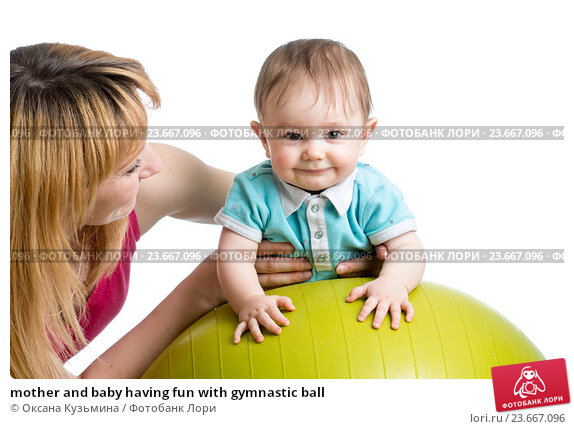 This manifests itself even in the first years of life: they do not strive to play with all the children on the playground, they do not like big holidays, because they do not want to be the center of attention. If parents understand that a child is an introvert, then by their behavior they can show him that getting tired of the team is normal. It happens that such a feature of the baby is not recognized, ignored. For example, both parents believe that a person should be a leader in a team. Then the children begin to believe wholeheartedly that they are unsociable, and this is bad. And then they begin to somehow compensate for their isolation, but nothing good comes of these attempts.
This manifests itself even in the first years of life: they do not strive to play with all the children on the playground, they do not like big holidays, because they do not want to be the center of attention. If parents understand that a child is an introvert, then by their behavior they can show him that getting tired of the team is normal. It happens that such a feature of the baby is not recognized, ignored. For example, both parents believe that a person should be a leader in a team. Then the children begin to believe wholeheartedly that they are unsociable, and this is bad. And then they begin to somehow compensate for their isolation, but nothing good comes of these attempts.
Developmental problems
Developmental problems can be another source of uncertainty. For example, children with poor eyesight may not feel very comfortable in society. And parents will attribute this to ordinary indecision, although the problem here is completely different.
Attitude towards oneself
Before we talked about uncertainty as a result of some other problem.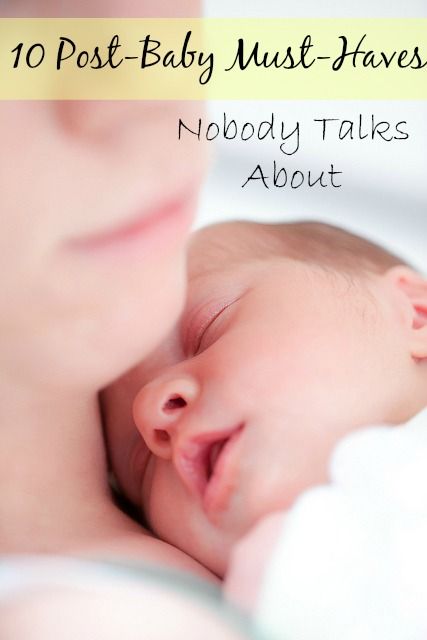 But what is true self-doubt? It is associated with poor self-identification. An adult confident person accepts himself with all his features and shortcomings. In a child, this feeling is strengthened only in adolescence. Throughout childhood, it is formed. If parents treat the process of this feeling without much respect, then the baby will have problems with feeling like a person.
But what is true self-doubt? It is associated with poor self-identification. An adult confident person accepts himself with all his features and shortcomings. In a child, this feeling is strengthened only in adolescence. Throughout childhood, it is formed. If parents treat the process of this feeling without much respect, then the baby will have problems with feeling like a person.
Therefore, when a child is small, he should constantly hear how much he looks like his parents: "You have the same curly hair as your mother", "You are as brave as your grandfather." This is important for the formation of a sense of belonging to the family. At the same time, he needs to often talk about how unique he is: "How polite you are", "You are so neat." Such phrases are needed so that the baby understands what makes him stand out among everyone.
In my opinion, a common mistake parents make is that they begin to praise their child for no particular reason. This is a destructive practice because it overexcites him.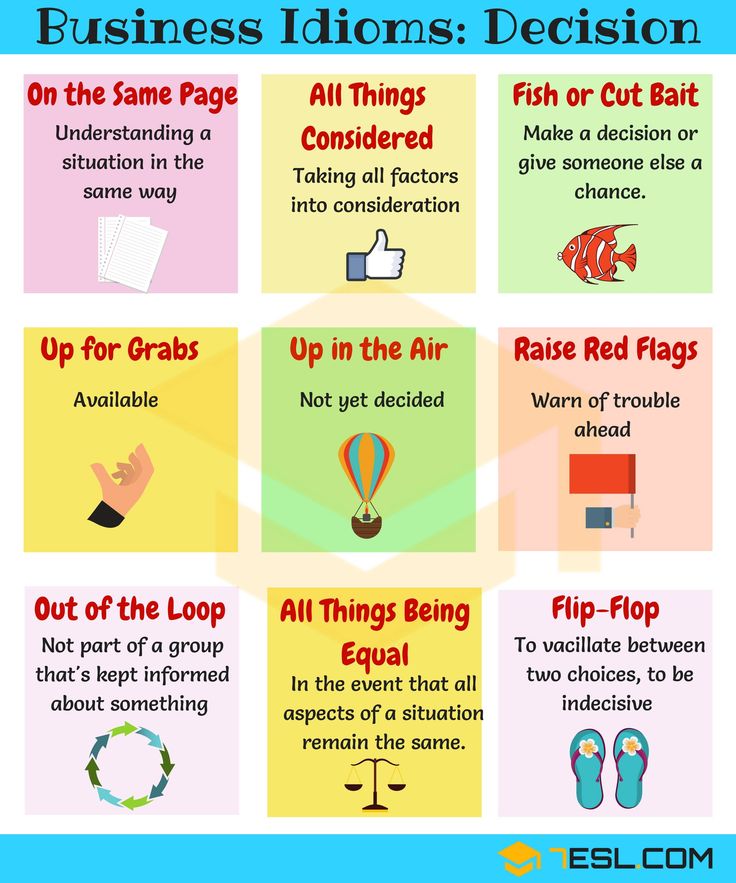 Even children are very good at recognizing false intonations. Praise should be related to reality.
Even children are very good at recognizing false intonations. Praise should be related to reality.
Victory over uncertainty
Unwillingness to communicate with others can be a manifestation of uncertainty. For example, at school, a child managed to accumulate experience of social failure, got into situations in which he did not know how to behave. And the whole problem lies in the fact that the parents simply did not work out social skills with him. This is especially true for city children, because village children communicate more with each other. It is important to teach the baby to be friends, to explain how to behave if offended. It is a pity that so few people actually use these simple truths. Like any skill, they need to be practiced constantly.
A child's lack of confidence can cause a very strong blow to the parents' self-esteem. Here it is important for parents themselves to understand that children have the right to be insecure, that it is normal to experience this feeling.

Learn more





